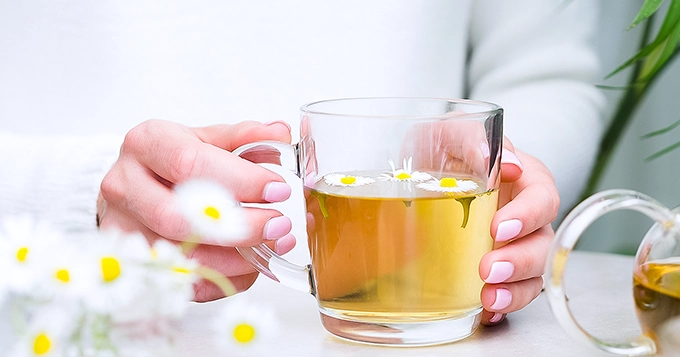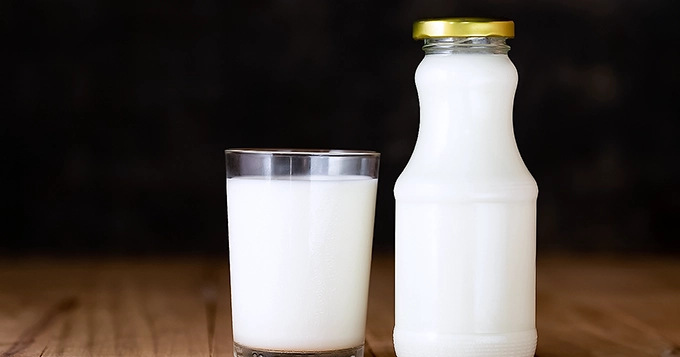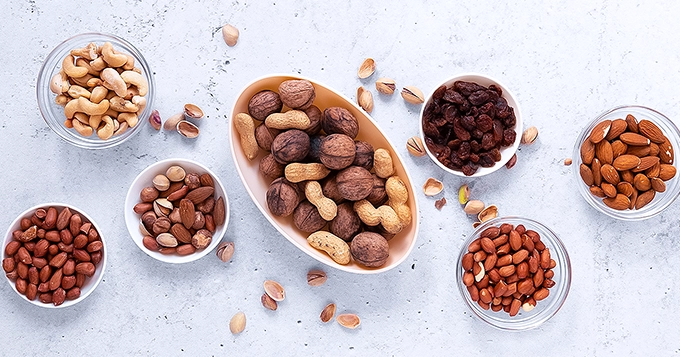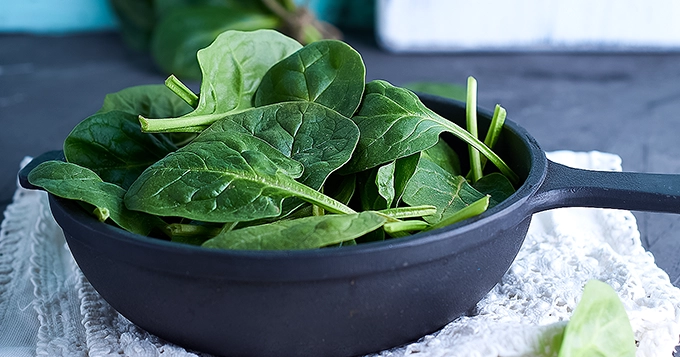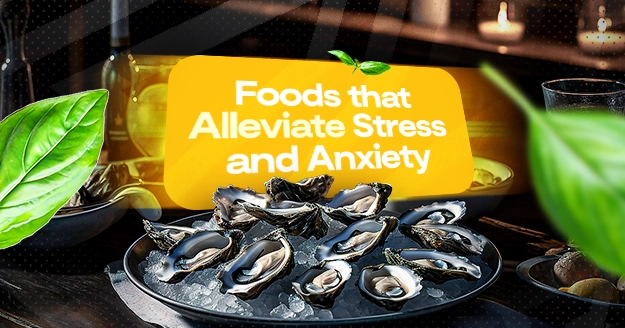Feeling uneasy and tired lately? This list of foods to help stress and anxiety might just be what you need.
Foods that Reduce Stress:
Chamomile tea
One effective way to ease anxiety and reduce stress is to have a cup of chamomile tea. A calming, fragrant cup of tea is ideal for any time of day, and chamomile is widely renowned for its calming effects. As chamomile has a very slight sedative effect as well, it can aid in your physical and mental relaxation.
Green tea
Green tea is known for its potential to alleviate stress and promote relaxation. Packed with antioxidants, particularly L-theanine, green tea has calming properties that can have a positive impact on stress levels. L-theanine is an amino acid associated with reducing anxiety and improving mood.
When you sip on a cup of green tea, it can create a soothing effect, helping to ease tension and promote a sense of calmness. Incorporating green tea into your routine can be a simple and enjoyable way to contribute to overall relaxation and well-being.
Dark Chocolate
Researchers have discovered that consuming 40 grams, or the equivalent of a medium-sized bar of dark chocolate, every day for two weeks can lower levels of both the neurohormonal hormones and the stress hormone cortisol.
Dark chocolate has been associated with stress relief due to its potential mood-enhancing properties. Rich in antioxidants and containing compounds like serotonin precursors, dark chocolate may have a positive impact on reducing stress. Additionally, it contains small traces of caffeine, which can provide a mild energy boost and enhance alertness without causing the jittery effects associated with higher caffeine dosage.
The sweet treat also stimulates the release of endorphins, the “feel-good” hormones in the brain.
Bananas
You can add bananas to your diet to relieve stress.
Bananas possess various compounds that aid in stress reduction and improved sleep. Notably, they contain vitamin B9, known for its antidepressant properties. Additionally, bananas contain tryptophan, which, similar to vitamin B6, has sleep-inducing qualities, contributing to better sleep.
Fatty fishes
Fatty fishes can help alleviate stress due to their rich omega-3 fatty acid content. Omega-3s, (particularly EPA and DHA) are essential for brain health and have been associated with mood regulation.
These fats lower inflammation and encourage the synthesis of mood-regulating neurotransmitters like dopamine and serotonin. Including fatty fish like salmon, mackerel, or trout in your diet may contribute to a sense of calmness and stress relief.
Water
Dehydration can contribute to feelings of fatigue, irritability, and increased stress. Consuming enough water ensures proper hydration, which can positively impact cognitive function and mood.
It’s possible that water’s inherent soothing qualities stem from its ability to counteract the negative effects of dehydration on the body and brain. Drinking adequate water is one of the most crucial steps for managing your anxiety. Even so, sufficient water consumption can induce feelings of relaxation, even in the absence of anxiety.
Milk
Milk is a good source of tryptophan, an amino acid that helps make serotonin, a neurotransmitter that influences mood and promotes a sense of calmness. Additionally, milk contains calcium, which is known to play a role in regulating muscle contractions and promoting overall relaxation.
Skim or low-fat milk is usually what’s recommended by dietitians.
Yogurt
Yogurt has the potential to contribute to stress alleviation due to its nutritional content. Yogurt and kefir contain Lactobacillus, a probiotic bacteria that may help lower stress and maybe relieve depressive and anxious symptoms.
Yogurt contains beneficial bacteria that support gut health, also called probiotics.
There are research suggesting a connection between gut health and mental well-being, as the gut-brain axis influences mood and stress responses.
Additionally, yogurt is a good source of protein, and proteins are needed for the production of neurotransmitters like serotonin, which plays a role in mood regulation.
Oysters
Oysters are a great source of magnesium and B vitamins, which are great for relieving tension. B vitamins aid in mood stabilization and the reduction of anxiety and depressive symptoms. As we become increasingly stressed, our magnesium levels tend to decrease, which can cause headaches and exhaustion.
Oysters are also a good source of zinc, a mineral that plays a vital role in brain function. Zinc deficiency has been linked to symptoms of anxiety and depression, and adequate zinc intake is essential for maintaining a healthy nervous system.
Nuts
Foods to help stress and anxiety definitely involve nuts, such as almonds, walnuts, and pistachios, which are excellent sources of healthy fats, fiber, vitamins, and minerals. They also contain compounds like magnesium, which plays a role in stress management and relaxation. Additionally, nuts provide omega-3 fatty acids that boost brain health and mood.
According to one study, consuming more nuts—including almonds—was linked to a decrease in depressive symptoms. According to a different study involving 3,172 adults, males who ingested the most nuts had a 66% lower chance of experiencing anxiety than those who consumed the least.
Oranges
Experts claim that eating oranges can help lower stress and anxiety levels. Because oranges are high in vitamin C, antioxidants, and other elements that promote cell regeneration and strengthen resistance to colds and flu.
Avocados
Avocados are high in heart-healthy fat and B vitamins, which reduce stress and may help reduce anxiety. They also have vitamin E, which is necessary for healthy skin, eyesight, and reproduction. It’s also been linked to red blood cell production, blood vessel enlargement, and cognitive function.
Spinach
Spinach can be a helpful addition to your diet for anxiety.
Folate, found in green leafy vegetables like spinach, aids in the body’s production of dopamine, a neurotransmitter from the brain that makes you feel calm and happy. This leafy green is also rich in magnesium, a mineral known for its potential to promote relaxation and reduce stress.
Blueberries
Blueberries can contribute to stress and anxiety reduction due to their rich antioxidant content, particularly anthocyanins. These compounds have been linked to various health benefits, including potential mood improvement and stress reduction. Antioxidants help fight oxidative stress, which may play a role in anxiety and mood disorders.
Including blueberries in your diet, whether fresh, frozen, or added to yogurt and smoothies, provides a tasty and nutritious way to support overall well-being.
Conclusion
While dietary changes alone may not eliminate stress and anxiety, incorporating these key foods into your diet can be a positive step towards better mental well-being. Remember to maintain a balanced and varied diet, stay hydrated, and, when needed, seek professional support to address stress and anxiety comprehensively. Your overall well-being is a holistic journey, and the foods you consume can be valuable allies along the way

